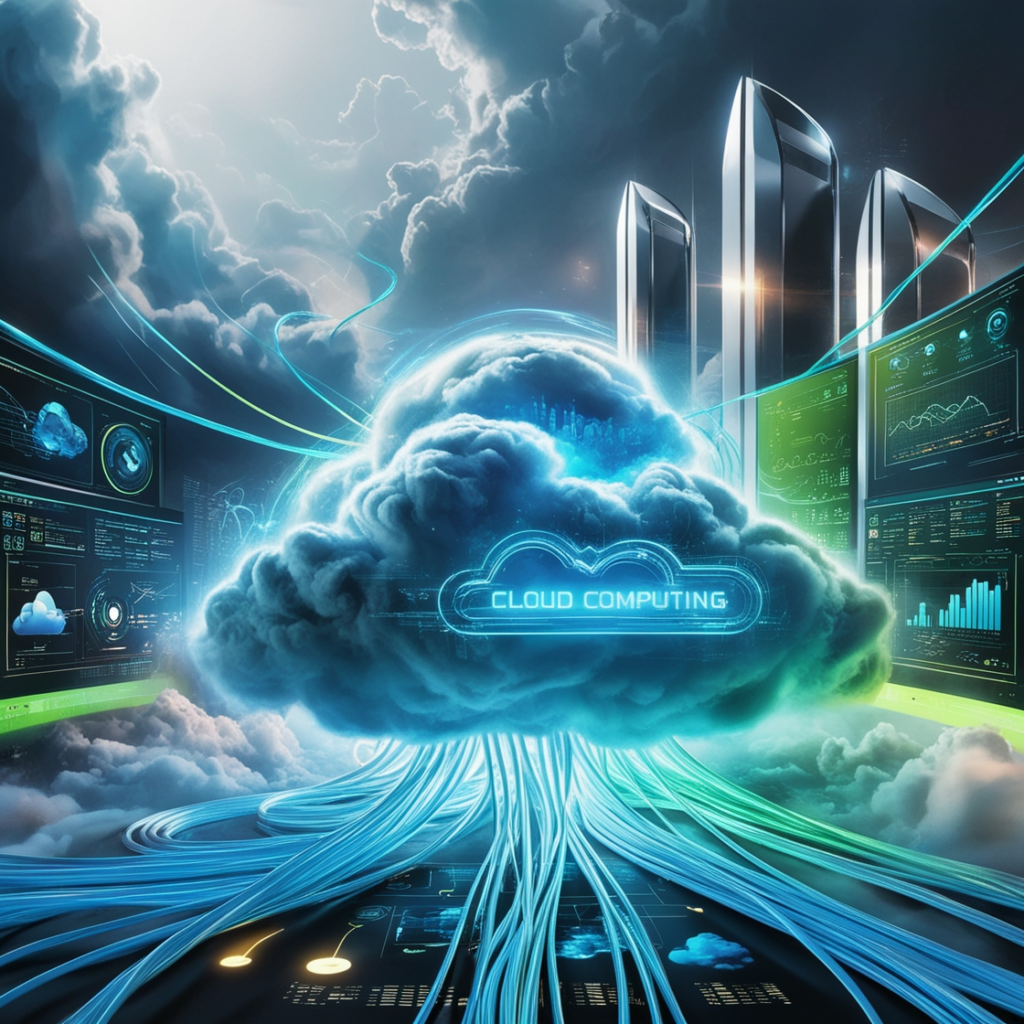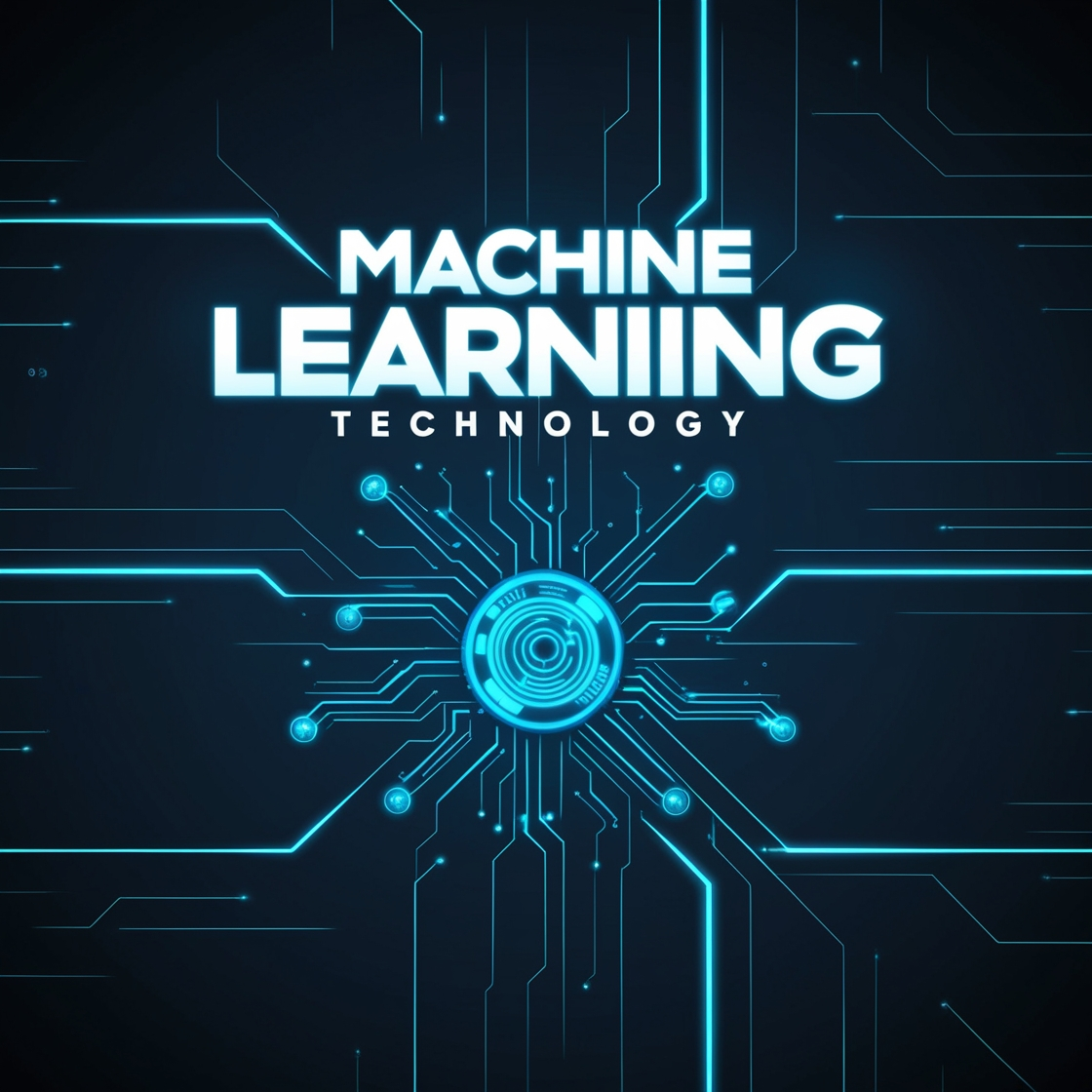Cloud computing provides computing solutions on a service basis by using the internet, including IaaS, PaaS, and SaaS. Companies are said to offer cheaper and economical solutions that can be scaled for special and general use, providing public, private,
and hybrid platform options for applications such as disaster recovery, artificial intelligence, and machine learning.

What is Cloud Computing?
Cloud computing is a service where computing resources are provided over the internet otherwise termed as the cloud. These services include:-
1. Infrastructure as a Service (IaaS):
Delivers computing services through the web on demand. Examples of cloud computing services are; Amazon Web Services (AWS), Microsoft Azure, and Google Cloud Platform (GCP).
2. Platform as a Service (PaaS):
Provides an environment in which the clients can create, execute and control applications while abstracting the Physical layer. Some examples include AWS Elastic Beanstalk, Google app engine and Microsoft Azure Platform as a Service.
3. Software as a Service (SaaS):
A service that allows software applications to be run in their clients’ computers via the Internet on a monthly basis. Some examples are Google Workspace, Microsoft Office 365 and salesforce.
Advantages of Uses:
- Cost Efficiency: Cloud computing does not require the user to purchase hardware & software or invest in an on-site data center infrastructure.
- Scalability: There is flexibility in regarding resources in that it is possible to add or subtract from the stock depending of the requirements of the situation. This flexibility will also ensure that businessmen are only billed for what they utilize.
- Performance: Major cloud services operate on a geographical network of fortified data centers and migrate to the newest generation of quick and effective computing servers based on several factors.
- Speed and Agility: Cloud based services are mostly both elastic and automated and they allow for their users to access a lot of computing power within minutes.
- Security: Most of the cloud companies provide a collection of policies, technologies, and control measures to enhance the security position, thereby securing data, apps and infrastructure from various threats.
Cloud Deployment Model Types:
- Public Cloud: Providers offer services over a physically accessible public network, often the Internet. Some of these include the Amazon Web Services, Azure and Google Cloud Services.https://builtin.com/cloud-computing
2. Private Cloud: Computer resources are resources that are employed by one organization or business only. The private cloud can reside in an organization’s own physical data center
or purchased from a third party data center hosting service.
3. Hybrid Cloud: Connects the public cloud to a business’s private cloud, enabling the migration of data and applications
between both environments This model is more flexible and has many more possibilities of deployment.
Use Cases of Cloud Computing:
- Disaster Recovery: Cloud-based backup solutions can provide an off-site data storage solution that offers adequate disaster recovery options.
- Data Storage: Some of the recommended cloud storage services are; Amazon S3, Google cloud storage, and Microsoft Azure blob storage solution to name but a few.
- Software Development and Testing: Cloud environments include all the necessary tools for creating and testing new applications, which can be launched within that cloud environment.
- Big Data Analytics: Technological clouds provide the necessary computation for the analysis of big data through various options such as AWS EMR, Google Big Query, and MS Azure HDInsight.
- AI and Machine Learning: There are an array of AI and machine learning tools available in cloud services that help the businesses to build intelligent applications. Some big cloud AI platforms today are Amazon Web Service Sage maker, Google AI Platform, Microsoft Azure Machine Learning.
Cloud Computing Providers:
- Amazon Web Services (AWS): Gives complete computer service in the cloud including computing capability, storage, and data base.
- Microsoft Azure: This provides almost all types of cloud services; and these are computing, storage, data processing and AI services.https://azure.microsoft.com/en-us/resources/cloud-computing-dictionary/what-is-cloud-computing/
- Google Cloud Platform (GCP): This firm is particularly strong in areas such as data analytical and business intelligence, machine learning solutions.
- IBM Cloud: Mainly focused on the cloud services with an emphasis on artificial intelligence and business.
- Oracle Cloud: Besides business solutions it provides cloud solutions as well.
Challenges of Cloud Computing:
- Security and Privacy: Hence despite the stringent measures put in place by cloud providers personal security risks are still at the user’s discretion.
- Downtime: It suggests that depending on the cloud services the organizations and businesses may face disruptions owing to outages that may compel the businesses to close temporarily.
- Compliance: Most organizations using cloud services encounter hard time in ensuring that cloud services meet certain regulations and industry standards.
- Cost Management: Though the use of cloud computing can be financially beneficial, controlling and, even more, optimizing cloud expenses are not an easy task.

Future trends of cloud computing:
- Edge Computing: Profiling data nearer to the source to lower the latency and increase the throughput.
- Serverless Computing: Enables developers to create and execute their applications without worrying about the physical context.
- AI and Machine Learning Integration: Integration of stronger AI and machine learning in the underlying cloud services.
- Quantum Computing: High-end computational resources for solving difficult problems that are provided by the cloud-based quantum computing services.
Latest Comments-
Future trends in IoT Technology

In the blog, we present the future focus of IoT technology as 5G, edge computing, AI and ML, better security, and more.. It describes the approach towards solving interconnect, the idea of green architectures, utilization of the blockchain, and development of IoT on health solutions and smart, all the aspects of evolution of multiple domains.…
How Machine Learning Technology Evolved

The blog explores the genesis of the topic (Machine Learning ) that was developed along with other concepts such as that of a universal machine initially pioneered by Turing and McCarthy. It includes topics such as early algorithms like the Perceptron, the transition to statistical methods, new developments of deep learning, and different aspects influencing…
Focus on Specific Aspects of the Recession :

The current recession in India continues both domestic and global employment, consumer expenditure, SME business, and investment suffering. Higher inflation poses more problems to the economy and while the action taken by the government has merits they tend to lack the ability and capacity to solve deep structural problems. As we move through this downturn,…




Leave a Reply
You must be logged in to post a comment.